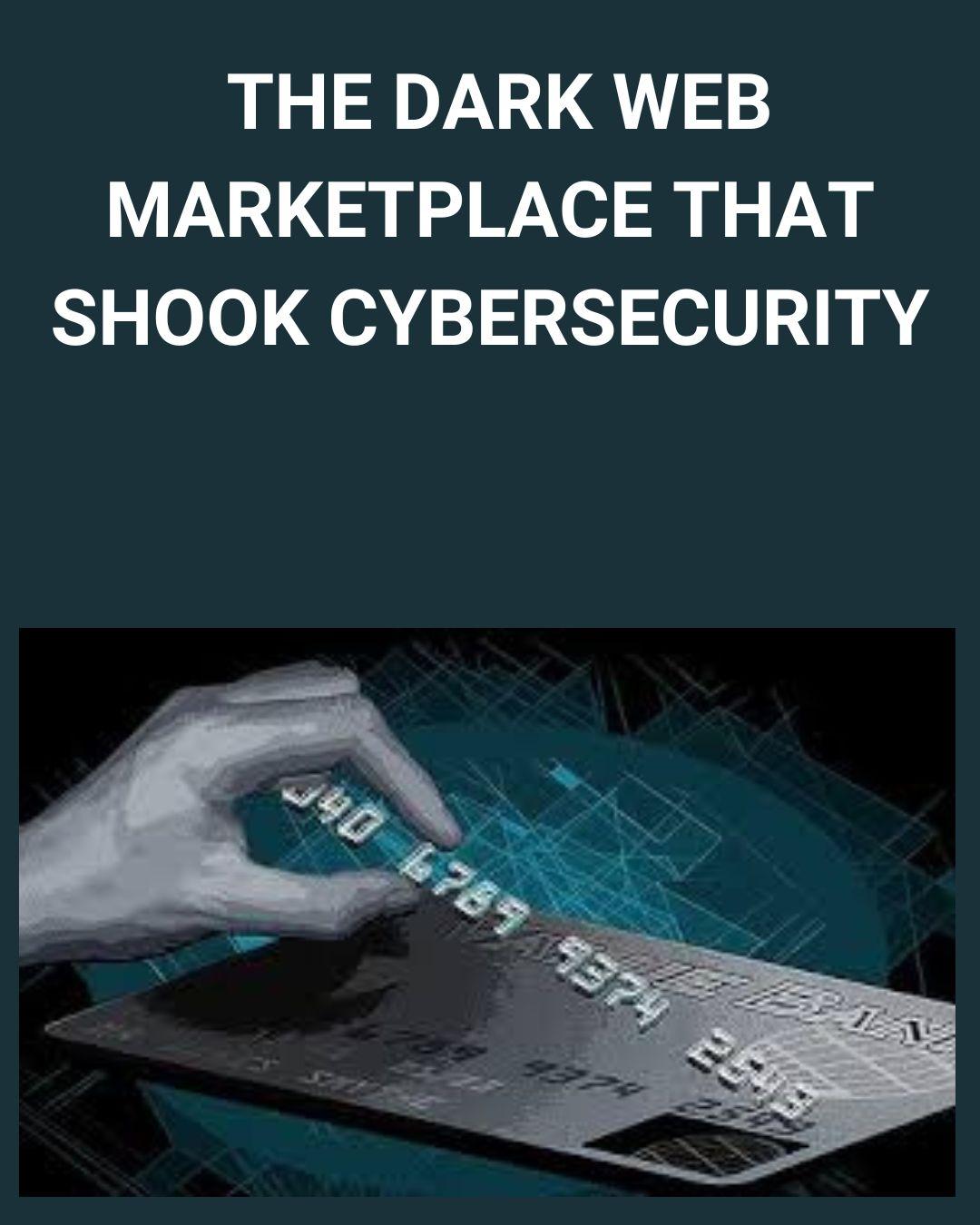The Dark Web Marketplace That Shook Cybersecurity

Introduction to Briansclub
Briansclub, also stylized as BriansClub, was once one of the most dominant dark web marketplaces for stolen credit card information. It gained notoriety in cybercrime circles for enabling criminals to purchase card data collected from global data breaches. While its operations thrived in secrecy for years, the eventual leak of its database exposed the massive scale of its reach—and highlighted alarming vulnerabilities in global digital infrastructure.
The Business Model of Digital Theft
Briansclub didn't operate like a chaotic hacker forum. Instead, it resembled a streamlined e-commerce site—built for criminals. It categorized stolen credit card data by issuing bank, card type, location, and even expiration date, making it remarkably easy for buyers to filter and purchase information that would be most useful for fraud.
This “professional” structure was one of the reasons Briansclub stood out. Its marketplace allowed verified users to log in, load funds, and make purchases with minimal effort. Sellers could upload new stolen data continuously, making it a consistent source of fresh card dumps.
How Briansclub Collected Card Data
The data available on Briansclub was sourced through various methods. These included:
-
Point-of-sale malware installed in retail businesses.
-
Phishing campaigns that tricked users into providing personal and financial details.
-
Skimming devices planted on ATMs and gas stations.
-
Data breaches at major institutions and e-commerce sites.
With this mix of techniques, Briansclub accumulated over 26 million payment card records during its lifespan.
The 2019 Leak: A Turning Point
In a major twist, the tables turned in 2019. An anonymous whistleblower leaked the platform's full database—containing over 26 million card records—to security journalist Brian Krebs and law enforcement agencies. The exposed data was forwarded to banks and fraud monitoring services, leading to a massive crackdown.
This breach was significant not only for the financial losses it mitigated but also because it provided valuable intelligence on the inner mechanics of dark web marketplaces. Authorities gained insight into user behavior, transaction volumes, and the global supply chain of cybercrime.
Impact on Victims and Financial Institutions
The victims of Briansclub’s operations included individuals from nearly every continent. From small business owners in the U.S. to consumers in Europe and Asia, countless people found themselves at risk of identity theft and financial loss.
Financial institutions, meanwhile, had to respond rapidly. Banks canceled affected cards, enhanced fraud detection systems, and issued widespread alerts to customers. The breach highlighted how even the best-known financial brands were not immune from dark web exploitation.
Cybersecurity Lessons from the Briansclub Case
There are several takeaways from the Briansclub saga for businesses and individuals alike:
-
Update and Patch Systems: Vulnerabilities in software and point-of-sale systems are a major entry point for cybercriminals. Timely patching is essential.
-
Employee Training: Human error remains a top cause of data breaches. Phishing awareness and cybersecurity hygiene should be top priorities.
-
Fraud Monitoring: Businesses and consumers should invest in real-time monitoring tools to detect suspicious financial activity.
-
Incident Response Plans: Having a strategy in place for data breaches can significantly reduce damage.
For a broader look at online safety practices, check out this guide on smart cybersecurity strategies.
How Users Can Protect Themselves
While large-scale fraud prevention is often in the hands of corporations, individuals can also take important steps:
-
Use credit cards over debit cards for added fraud protection.
-
Monitor bank statements weekly and enable transaction alerts.
-
Use password managers and enable two-factor authentication on sensitive accounts.
-
Be cautious of public Wi-Fi and unknown links, especially in emails or texts.
Law Enforcement’s Growing Role
Since the Briansclub incident, international law enforcement agencies have stepped up their operations against dark web platforms. Collaborations between Interpol, Europol, and national cybersecurity teams have resulted in multiple shutdowns and arrests. However, the anonymity of the dark web and the use of cryptocurrencies make prosecutions difficult, allowing many cybercriminals to resurface under new aliases.
The Future of Dark Web Marketplaces
While Briansclub was dismantled, the structure it built has inspired similar platforms to emerge with even more advanced features. The war between cybercriminals and law enforcement is far from over. Artificial intelligence, encryption, and blockchain technologies are being weaponized on both sides—making the next generation of cybercrime more complex.
Businesses will need to adopt AI-driven cybersecurity tools, and consumers must remain vigilant, as the fight to secure digital identity continues.
Conclusion
Briansclub’s story is not just about a dark web site selling stolen credit cards. It’s a wake-up call about the scale and sophistication of cybercrime today. As threats evolve, both individuals and organizations must take proactive steps to safeguard sensitive information. The legacy of Briansclub serves as a powerful reminder that the digital world requires constant vigilance.
- Art
- Causes
- Crafts
- Dance
- Drinks
- Film
- Fitness
- Food
- الألعاب
- Gardening
- Health
- الرئيسية
- Literature
- Music
- Networking
- أخرى
- Party
- Religion
- Shopping
- Sports
- Theater
- Wellness


